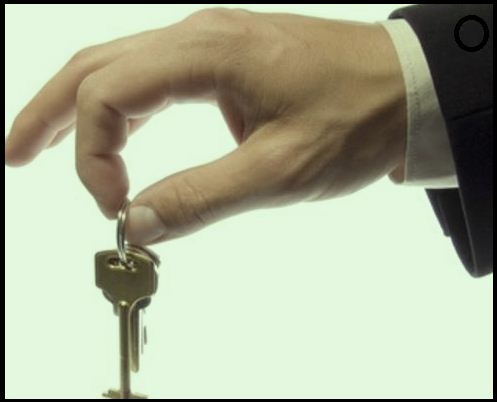“Beyond all of the emotion invested in homeownership, owning a home can also be a powerful financial tool. Even if you don’t have enough money left at the end of the month to invest in traditional wealth-building vehicles like stocks and bonds, simply paying for the place where you live can help you amass a substantial net worth. In fact, used properly, homeownership is often an individual’s single largest source of wealth. Money paid into a house and not taken back out generally continues to grow over time as the value of the property appreciates. It is possible that in 30 years, that $100,000 house may be worth double or triple what you paid for it” (Investopedia).
So what exactly is a mortgage? If you have done any research at all you know there are a number of different types of mortgages that come up in your searches. However, at its most basic, a mortgage of any type is a loan used to purchase a house. This definition is simple enough to capture the heart of the term, but it barely scratches the surface of the complex issues that truly make up what a mortgage is. That is what we are going to delve into here, starting with the three types of mortgages you will likely come across:
Fixed Rate Mortgage
A fixed-rate mortgage is a simple concept and it was the basic loan option that existed for many years. It basically is a loan that charges a set rate of interest that does not change throughout the life of the loan. This is the type of loan the majority of homeowners have it is also what most people think about when they hear the term or think about a mortgage.
Variable Rate Mortgage
This type of loan is also commonly called an adjustable-rate mortgage or a floating-rate mortgage. With this set up, your rate of interest is subject to change based on the standard industry interest rates and your premium payments are “adjusted” to reflect the new interest rate. Interest rates go up so do your payments, rates go down your payments drop as well.
Government Guaranteed Mortgages
Both the Federal Housing Administration (FHA) and Department of Veterans Affairs (VA) offer loans to those who are wanting to become homeowners but have significant income restrictions or those who are currently in the military or a veteran respectively. There is less interest and lower payments but strict qualification guidelines have to be met to be approved.
According to an article on KnowYourOptions.com, it is important to understand what your monthly mortgage payment is going to and why it costs what it does. Your mortgage payment typically includes PITI:
- Principal – What you borrowed (also referred to as “amount financed”);
- Interest – What the lender charges you to borrow the money used to purchase or refinance the home;
- Taxes – What you pay in property taxes to your local city/municipality and sometimes county; and
- Insurance – What you pay to insure your home from damages (fire, natural disasters, etc.). There is also Private Mortgage Insurance (PMI) which is usually required on most loans when your down payment is less than 20%. PMI is paid monthly until you reach the 20% equity threshold.
- In some cases, your monthly payment might also include the fees paid to a homeowner’s association on your property (HOA fees).
Value of Home Ownership
While it is true that owning a home comes with its share of responsibilities and it does take money to keep a home looking good, the true value of home ownership comes from the eared value a home can deliver down the road. “According to the Federal Reserve’s Survey of Consumer Finances, a typical homeowner’s net worth was $195,400, while that of renter’s was $5,400 as of 2013. Given that home prices have risen by 17% since then according to Federal Housing Finance Agency the wealth of home owning Americans would have grown even more. That is, a typical homeowner will be ahead of a typical renter by a multiple of 45 on a lifetime financial achievement scale. The results are based on a median figure and not an average so as to better reflect the middle point and not be skewed by a small percentage of super wealthy families” (Forbes) If you have questions about mortgages, the type of loan that is right for you, and what you can do to get a loan secured for your dream home, give us a call today and let us help you with all of your mortgage needs!



